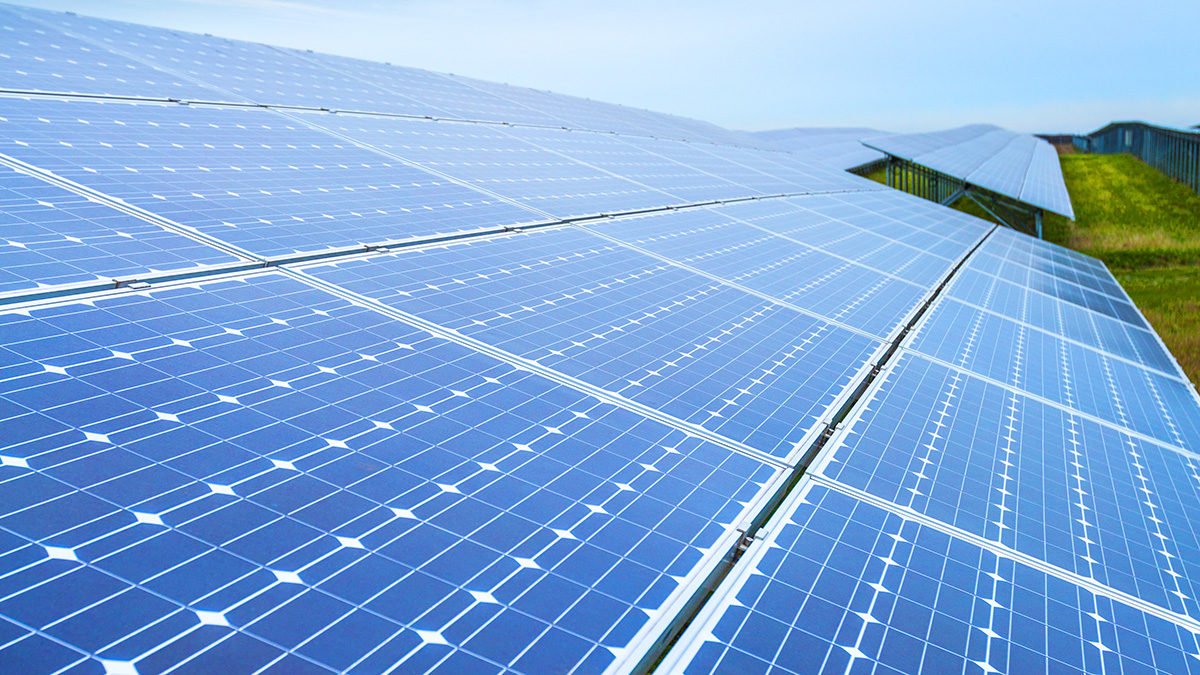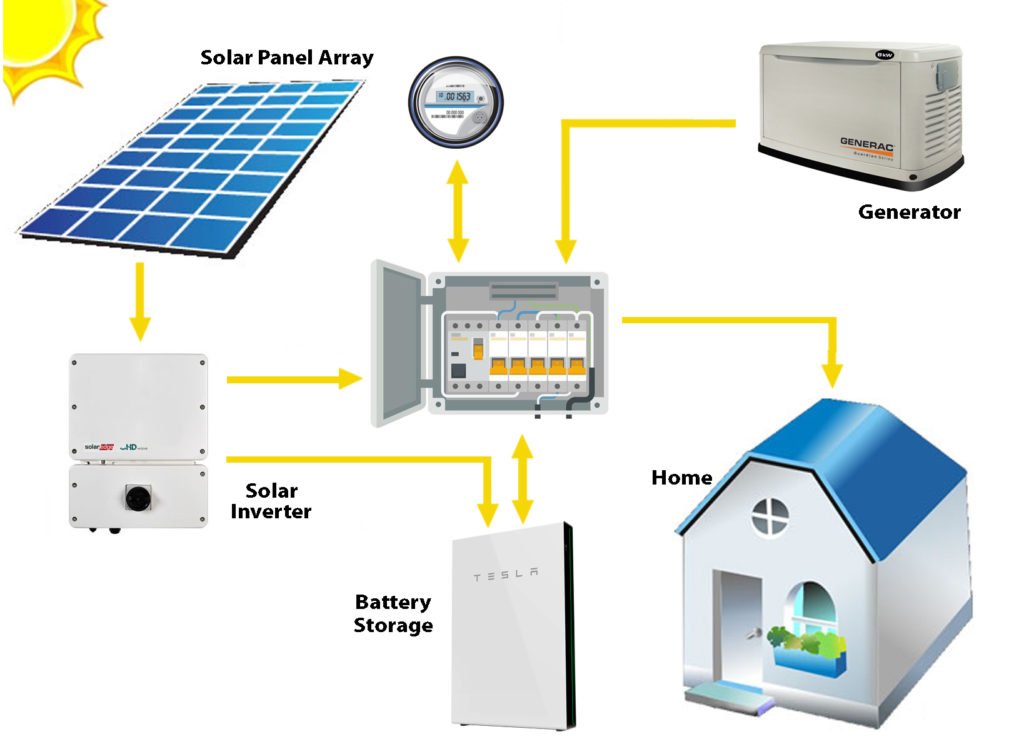Solar energy systems have a singular job, and that is to collect sunlight and convert it to electricity. The one singular drawback is that sunlight is essential for solar PV systems to function. While modern solar panels have managed to mitigate this by increasing efficiency and incorporating bifacial modules, this major drawback remains. Your expensive and fancy solar energy system is going to be glorified roof tile at night, when most of us use electricity the most. The best way to deal with this is to use a solar storage system. This will ensure that not only does harvested solar energy not go to waste, but also that it will be available as and when required. The singular most popular solar storage system is through the use of Lithium-ion (li-ion) batteries. Does the name ring a bell? It should! Li-ion batteries are also use to power phones and laptop computers, along with electric vehicles, and literally anything else that runs on batteries.
The Uses of Lithium
Lithium-ion batteries are not the only way to store solar energy. Other ways include pumped hydroelectric storage, which involves building a tiny dam of sorts and using solar energy to run water up a course and store it. When electricity is needed, the water is then allowed to flow down the course and operate turbines installed along the way. Pressurised air can be used to perform the same function. Aside from this, there are batteries that contain zinc or nickel and molten-salt storage is also an option. In molten-salt storage, molten salt is heated up using solar energy and this heat is used to produce electricity later on. These storage systems can store large amounts of energy and they are expensive to install, operate and maintain.
Lithium is a lightweight metal and an excellent conductor. Lithium ions make for excellent rechargeable batteries because their reactions are reversable. This allows Lithium batteries to charge, hold the charge and discharge when needed. In a li-ion battery, electricity is stored though a chemical reaction, which is reversed when discharging. Lithium-ion batteries are extremely popular for the following reasons:
- They can hold a charge far longer than any other batteries, making them extremely viable as solar storage systems.
- Li-ion batteries have a smaller storage capacity than other storage techniques like hydroelectric and air pressure storage, but they make up for this by being modular and user-friendly. This means that li-ion batteries can be purchased in various sizes and fixed virtually anywhere. They have a small footprint and require almost no expertise to operate and maintain. If you’ve ever used a cell phone, then you know that li-ion batteries are pure convenience.
- Li-ion batteries are universally available because of the plethora of appliances that use them. They are always easy to purchase and replace should a replacement become warranted. Li-ion batteries are not going anywhere anytime soon.
- Lithium-ion batteries are cheap. Because they are ubiquitous, they are inexpensive, in comparison to the other storage options, and prices are only decreasing with time. Part of this steady decrease in prices is because Li-ion batteries are in demand in the electric vehicle industry. As electric vehicles become more and more popular, competitors are being pressed to provide more “bang for your buck”. This has caused li-ion batteries to become cheaper, as they are an essential item for EV’s.
To give you an idea of how popular Li-ion batteries are, in the US, they represented 89% of all energy storage capacity installed in 2015.
Why you Probably Need Solar Storage
So, solar energy storage is great and all, but why would you need it? The short answer is that if you want the most out of your solar panel system, you’ll want to get a solar storage system. The following are the main ways in which a solar storage system can greatly improve your solar energy system.
1 – Power When you Need It
As we’ve mentioned before, solar energy systems operate best under direct sunlight, yet consumption tends to spike in the evening, when most people are home after a day’s work. This is well past peak solar production hours. Also, electricity in the evenings is usually more expensive, given that those are peak consumption hours. One way to work around this is if your local government has introduced something called a feed-in tariff. This will allow you to pour in extra energy into the energy grid all day and earn money from it. This money can go towards mitigating the cost of electricity you use from the grid when solar power can no longer provide. The drawback of this is that not every country or even state/province/district has uniform feed-in tariff rates, if they have them at all. In such a case, a solar storage system is ideal.
2 – Energy Security
The importance of energy security can never be overstated. If you live in a place that faces incremental weather and suffers from regular blackouts, a solar storage system is ideal for you. Such a system can (provided that it is sufficiently large enough) make you effectively immune to grid failures. Electricity is immensely vital to our modern life, and it is about time people began taking control of their own electricity production and supply.
3 – Lower Electricity Bills
So, a solar storage system will keep your lights on during the zombie apocalypse. But let’s not get that far ahead of ourselves. A more mundane use is that you will notice a drastic reduction in your energy bills. With careful planning, you can draw a minimum amount of electricity from the grid and reduce your bills manifold. There is really no way to go wrong here.
The only downside one may want to consider is the cost. Sure, Li-ion batteries are cheap and getting cheaper but a solar storage system is not exactly cheap, and will set you back many thousands of dollars. Prices will vary depending on your place of residence and the size of the system, but it will be expensive. The silver lining to this is that while the system may be expensive, it will pay for itself over time. These systems are designed to last decades, so a system that pays for itself in 10 years and has a life of 30 years is going to give you nothing but profit for a minimum of 20 years. In the long term, you simply cannot go wrong with a solar energy storage system.


